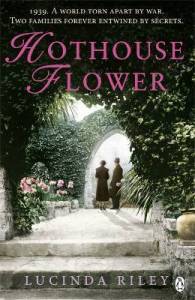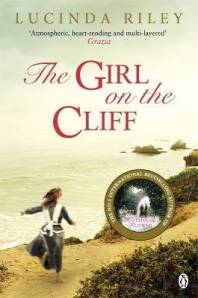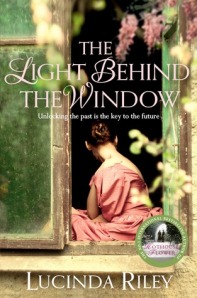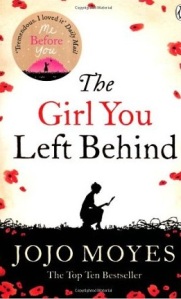
3*s
An alternately moving and exasperating memoir written by a woman who moved from childhood to adulthood during the lead up to World War I, this book published in 1933 uses her diaries and letters from that time to give us a picture of what the realities of war meant for a young woman of her generation.
The book opens with Vera’s desperation to go to Oxford despite her family’s, particularly her father’s objection to this course at odds with the opportunity to study being freely offered to her brother, Edward. It is exceptionally hard to picture a life of the fairly privileged, intelligent and inquisitive Edwardian young lady whose life was still mapped out by the strictures of the Victorian Era. Funny also to read her comparison to the young people of the day when she was writing this memoir who she viewed with envy for the freedom offered to them. Of course from my perspective the generation she envied for the easiness of their lives; the freedom to court without chaperones, to receive degrees even as women and to be employed despite being married, appears to be wildly exaggerated compared to the freedoms we have nowadays. This is just one example of why I’m glad I finally made time to read this book as it demonstrates how feminism wasn’t one wild gallop to get the vote, the struggle was long and incremental and yet women like Vera appreciated the progress made towards a better future.
The book covers Vera’s coming down from Oxford to join the VADs nursing in England, Malta and France throughout the war whilst she simultaneously worried about her brother and her friends fighting in the conflict which as the war progressed she began to hate with a vengeance for its waste of life at the behest of political masters. She saw through the treaties for the young to become heroes to give up their futures for egos. She also records one of the rarely recorded views of the older generation, those who had to live without servants for the first time in their lives, the men and women who had given their children to the fight both on the battlefields and to other war-work thereby forgoing the previous right to call on their unmarried daughters when required.
Following the end of the War Vera retakes her position at Oxford this time to study History rather than English becoming ever more interested in international politics which I’m regretful to report I found in the main a struggle to read as they referenced matters that my knowledge simply wasn’t great enough for me to fully appreciate. With my interest far more keen on the politics relating to women’s lives, this section wasn’t a complete right-off as the considerations proposed for women during the War were under attack following the conclusion of it – to have these put into wider context was enlightening.
My exasperation with the book was in part with her condescending tone which covered whole swaths of the population; the locals from her teens, those women who wanted to seize life rather than study or grieve, those who hadn’t worked through the war because they were too young, men, in general who weren’t her brother or her friend etc. etc. and whilst some of the earlier sections can be considered a faithful recording of her younger self, this continual holding herself up as a paragon of one whose life has been more meaningful than those that didn’t share her experiences, her political ambitions or her daily preoccupation with being taken seriously by everyone got a little wearing.
This is a huge book at over 600 wordy pages with parts, such as the experiences of nursing during the war that I found exceptionally interesting and poignant and those latter pages which detail her work with the League of Nations that frankly I found less so. That said, with a book full of detailed accounts of life before, during and after the war I felt that I truly put flesh on the bones of what I understood life to be like in the UK during this time and even more when right at the end of the book Vera and her friend Winifred take a tour of Europe to have a taste of what those nations lives looked like a decade after the war started compelling reading.
A worthwhile book to read and one that although this short review merely highlights a small proportion of its content, has broadened my knowledge of the time period, albeit for one section of society in particular. At times desperately sad and a reminder of quite what an entire generation went through in the hopes of forging a better future at others I was cheering Vera on with her ambition to make the world a better place. Sadly my overall feeling when I reached the end was discomfort as I couldn’t help but consider Vera’s hopes for peace were to be dashed with the Second World War already looming on the horizon at the time of publication.
First Published UK: August 1933
Publisher: Virago
No of Pages 640
Genre: Non-Fiction (Memoir)
Amazon UK
Amazon US



















